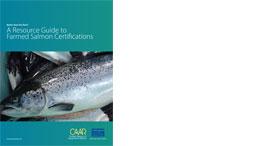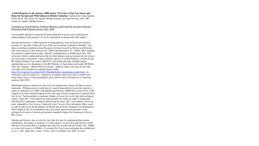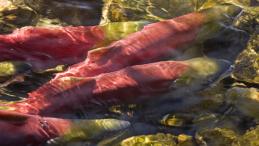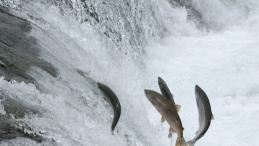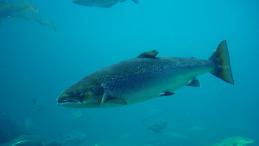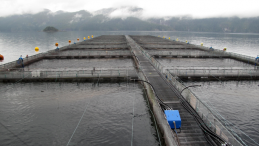CAAR welcomes reprieve for North Coast, urges action to protect the South Coast
Vancouver, Prince Rupert ─The Coastal Alliance for Aquaculture Reform welcomes today’s decision by the B.C. government to institute an indefinite moratorium on open net-cage salmon farming in northern B.C. waters but voiced deep concern over more salmon farm approvals on the South Coast. It is a huge turning point that the provincial government is recognizing the need to protect marine ecosystems and wild salmon stocks from the impacts of current salmon farming practices, however the disregard shown for the health of B.C.’s South and Central coast is troubling.

